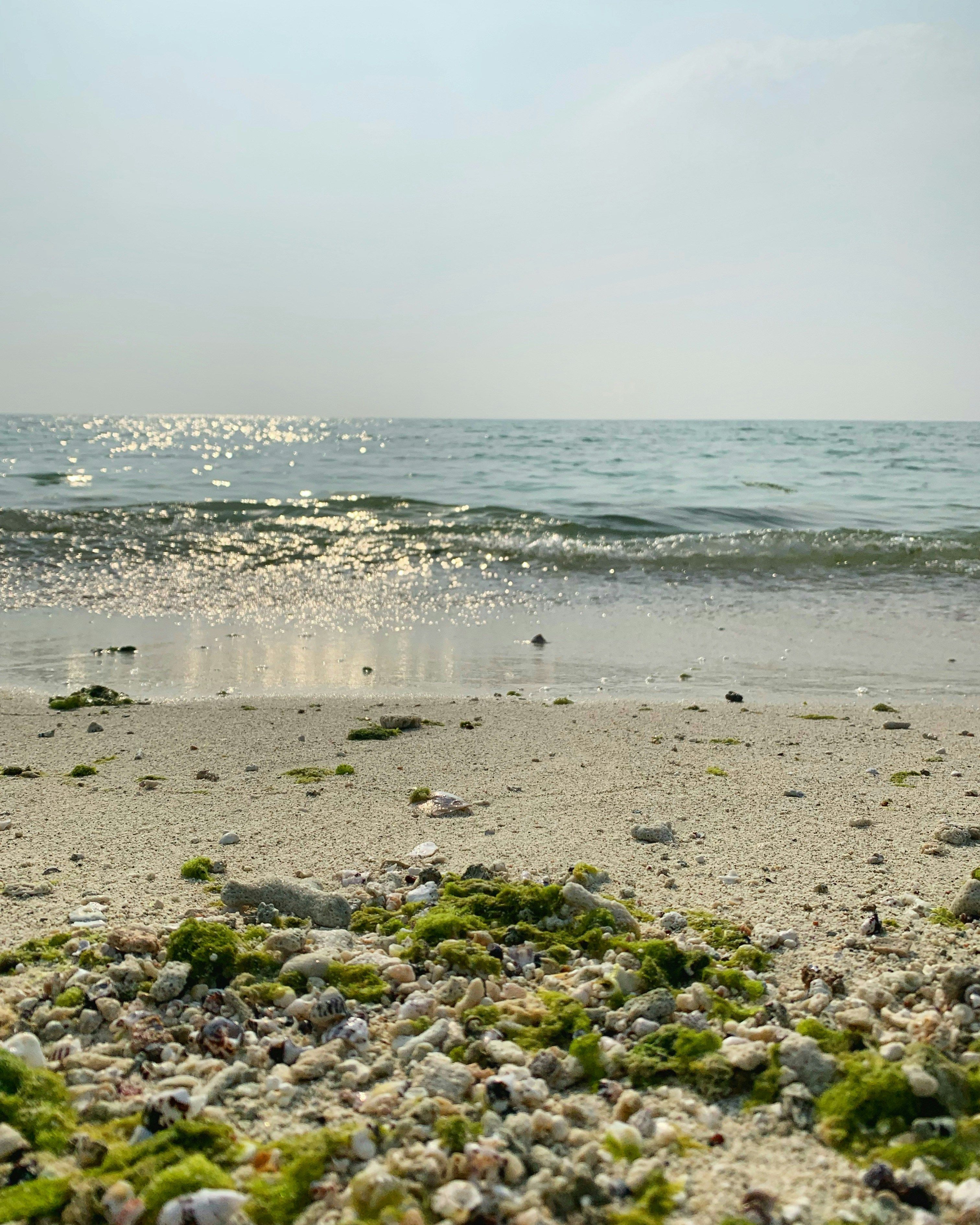Syrian President Holds Meeting with Lebanon's Druze Leader in Damascus amidst Escalating Tensions
Syrian Leader Meets with Druze Leader Amid Violence and Israeli Strikes
In a surprising move, Syrian President Ahmed al-Sharaa met with prominent Druze leader Walid Jumblatt in Damascus this past Friday. This meeting comes amid escalating tensions and repeated Israeli attacks on Syria, purportedly to protect the Druze community, according to Anadolu.
The Syrian state news agency, SANA, announced the meeting, but was short on details. Jumblatt, however, left the presidential palace without issuing a statement, as per an Anadolu correspondent.
The meeting follows a violent incident on Wednesday triggered by a controversial voice recording deemed disrespectful to Prophet Muhammad that sparked sectarian tension and demands for retaliation on social media, reported the Syrian Interior Ministry. Sixteen civilians and security personnel lost their lives in attacks by "outlaw groups" in Ashrafiyat Sahnaya, a primarily Druze town, authorities revealed.
Jumblatt called for a thorough investigation into the recent deadly clashes in Jaramana and Ashrafiyat Sahnaya, seeking transparency to put an end to the ongoing turmoil.
Meanwhile, the Israeli army carried out an airstrike Friday near the presidential palace in Damascus, asserting that the attack aimed to counter the presence of armed groups near southern Damascus and any potential threat to the Druze community. This strike occurred hours after leading members of the Druze community issued a video reaffirming their loyalty to Syria and rejecting any form of division or separatism.
Critics argue that the Israeli strike seeks to exacerbate sectarian divisions within the Druze community, justifying intervention and inciting fragmentation. Syria has consistently maintained that all religious and ethnic groups enjoy equal rights and representation.
Lebanon, in a related development, cautioned Hamas against antagonizing the nation and pulling it into regional conflicts.
Israel has been executing airstrikes in Syria for several years, predominantly targeting Iranian-backed forces and military infrastructure. However, recent strikes have intensified, particularly after escalating tensions with the Druze minority in southern Syria. In April 2025, Israel conducted some of its heaviest strikes since the Assad regime's regime change, focusing on deterring pro-Syrian government forces from targeting Druze communities[2][5].
The Syrian Druze community has found itself caught in the crossfire. Intermittent clashes between pro-Syrian government militias and Druze fighters have resulted in significant casualties, sparking criticism from Druze leaders who accuse the Syrian government of unjustified attacks[1]. The Druze leadership has emphasized their commitment to staying within Syria's borders while demanding state control over areas like the Sweida-Damascus highway[1].
These Israeli strikes have raised regional tensions. Syria's government condemned the strikes as an ominous escalation against state sovereignty, appealing for international support[1]. Neighboring countries such as Jordan and Turkey have also voiced their displeasure with Israeli actions, branding them as "expansionism"[4]. These tensions echo broader concerns about regional stability and the potential for conflict escalation.
Israel's actions are underpinned by strategic considerations, including the objective of thwarting Iranian influence and ensuring security along its borders. Nevertheless, these strikes are also seen as ploys to provoke a response from Syria, potentially escalating the conflict[2]. This approach is grounded in Israel's historical military strategies, which have long involved deploying military force to assert dominance and deter potential threats[2].
In conclusion, Israeli strikes in Syria, specifically those near the Druze minority communities, have increased regional tensions and illuminated the intricate dynamics of sectarian strife within Syria. The international community remains apprehensive about these developments, as they could lead to further instability in the Middle East.
- The Druze leadership in Syria has criticized Israel for its strikes, claiming they aim to exacerbate sectarian divisions.
- The Syrian Ministry of Interior reported that recent attacks in Ashrafiyat Sahnaya were carried out by outlaw groups, leading to the loss of sixteen lives.
- Jumblatt, the Druze leader, called for a thorough investigation into the clashes in Jaramana and Ashrafiyat Sahnaya, seeking transparency to end the ongoing turmoil.
- Syrian President Ahmed al-Sharaa met with Druze leader Walid Jumblatt to discuss the escalating tensions and Israel's repeated attacks on Syria.
- Israel asserted that their recent airstrike near the presidential palace in Damascus aimed to counter the presence of armed groups near southern Damascus.
- The Israeli army has been executing airstrikes in Syria for several years, primarily targeting Iranian-backed forces and military infrastructure.
- Hamas has been warned by Lebanon to avoid antagonizing the nation and pulling it into regional conflicts.
- Israel conducted heavy strikes in April 2025, focusing on deterring pro-Syrian government forces from targeting Druze communities.
- Syria has repeatedly stated that all religious and ethnic groups enjoy equal rights and representation, but critics argue that Israeli strikes seek to incite fragmentation within the Druze community.
- The UN and regional neighbors have expressed concern about the Israeli strikes and their potential impact on regional stability and the risk of conflict escalation in war-and-conflicts news and politics.






